Bosnian official arrives on visit to Belgrade
Chairman of the Council of Ministers of Bosnia-Herzegovina Vjekoslav Bevanda arrived here on Monday for meetings with top Serbian officials.
Monday, 04.02.2013.
12:41

BELGRADE Chairman of the Council of Ministers of Bosnia-Herzegovina Vjekoslav Bevanda arrived here on Monday for meetings with top Serbian officials. He began the visit with a meeting with Serbian Prime Minister Ivica Dacic. Bosnian official arrives on visit to Belgrade Bevanda was welcomed with high military honors. The two officials will first have a tete-a-tete meeting, which will be followed by a plenary meeting. Dacic and Bevanda addressed a news conference today, when Dacic said that Serbia and Bosnia-Herzegovina should get out of the vicious circle of the 1990s and focus on good neighborly relations and a common future. “Serbia is a guarantor of the Dayton agreement and will accordingly respect the territorial integrity and sovereignty and support every agreement between the three peoples and two entities." He emphasized that Serbia wants good relations not only with Republika Srpska but also with the Federation of Bosnia. Dacic said that a meeting between Serbian President Tomislav Nikolic and members of the Bosnian Presidency should take place soon and that the two countries' governments will continue to cooperate and hold joint forums twice every year. Bevanda said that he wants direct contacts and that the cooperation in the region does not necessitate any mediators or meetings in Brussels. Dacic said that the two states can cooperate in the field of European integration, making joint efforts in the process and jointly using EU funds, while relevant commissions will resolve the border issue. Bevanda added that for the most part, the border has already been defined, save for four points that will be dealt with by experts. The two prime ministers agreed that it is necessary bring the refugees and displaced persons issue to a close, and Dacic said that to complete the job, Serbia still needs EUR 300 million while Bosnia needs EUR 100 million. Bevanda stressed the need to do everything to make sure the moneys do not get trapped in some bank accounts but rather be used for the purpose they are intended. The issues of succession, property and missing persons were also on the agenda and the two ministers expressed willingness to sign an agreement on extradition, which should enable a more efficient fight against crime and corruption. According to Dacic, a new agreement and readmission is also needed, and economic cooperation should be a priority. The Serbian PM said that Serbia and Bosnia should also prepare for joint appearances on third markets and cooperate in the areas of transportation, electric power, agriculture and machine building. “The commissions will deal with further enhancement of economic cooperation. The Serbian commission is headed by Minister Rasim Ljajic, and the next meeting should take place in March,” Dacic said. Dacic said the military is yet another promising area for cooperation. Bevanda also expressed the hope that there will be no reintroduction of visa requirements for the Western Balkans. During his stay in Belgrade, he will also meet with Serbian Parliament Speaker Nebojsa Stefanovic. The Serbian prime minister paid a visit to Sarajevo in September last year, and Bevanda's visit to Belgrade was announced by Serbian Foreign Minster Ivan Mrkic during his visit in December 2012. Bevanda and Dacic are seen in Belgrade on Monday (Tanjug) Tanjug
Bosnian official arrives on visit to Belgrade
Bevanda was welcomed with high military honors.The two officials will first have a tete-a-tete meeting, which will be followed by a plenary meeting.
Dačić and Bevanda addressed a news conference today, when Dačić said that Serbia and Bosnia-Herzegovina should get out of the vicious circle of the 1990s and focus on good neighborly relations and a common future.
“Serbia is a guarantor of the Dayton agreement and will accordingly respect the territorial integrity and sovereignty and support every agreement between the three peoples and two entities."
He emphasized that Serbia wants good relations not only with Republika Srpska but also with the Federation of Bosnia.
Dačić said that a meeting between Serbian President Tomislav Nikolić and members of the Bosnian Presidency should take place soon and that the two countries' governments will continue to cooperate and hold joint forums twice every year.
Bevanda said that he wants direct contacts and that the cooperation in the region does not necessitate any mediators or meetings in Brussels.
Dačić said that the two states can cooperate in the field of European integration, making joint efforts in the process and jointly using EU funds, while relevant commissions will resolve the border issue.
Bevanda added that for the most part, the border has already been defined, save for four points that will be dealt with by experts.
The two prime ministers agreed that it is necessary bring the refugees and displaced persons issue to a close, and Dačić said that to complete the job, Serbia still needs EUR 300 million while Bosnia needs EUR 100 million. Bevanda stressed the need to do everything to make sure the moneys do not get trapped in some bank accounts but rather be used for the purpose they are intended.
The issues of succession, property and missing persons were also on the agenda and the two ministers expressed willingness to sign an agreement on extradition, which should enable a more efficient fight against crime and corruption.
According to Dačić, a new agreement and readmission is also needed, and economic cooperation should be a priority.
The Serbian PM said that Serbia and Bosnia should also prepare for joint appearances on third markets and cooperate in the areas of transportation, electric power, agriculture and machine building.
“The commissions will deal with further enhancement of economic cooperation. The Serbian commission is headed by Minister Rasim Ljajić, and the next meeting should take place in March,” Dačić said.
Dačić said the military is yet another promising area for cooperation.
Bevanda also expressed the hope that there will be no reintroduction of visa requirements for the Western Balkans.
During his stay in Belgrade, he will also meet with Serbian Parliament Speaker Nebojsa Stefanović.
The Serbian prime minister paid a visit to Sarajevo in September last year, and Bevanda's visit to Belgrade was announced by Serbian Foreign Minster Ivan Mrkić during his visit in December 2012.

















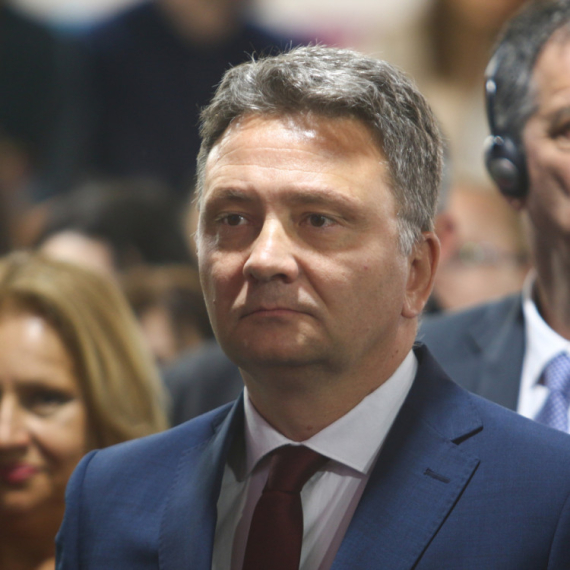





















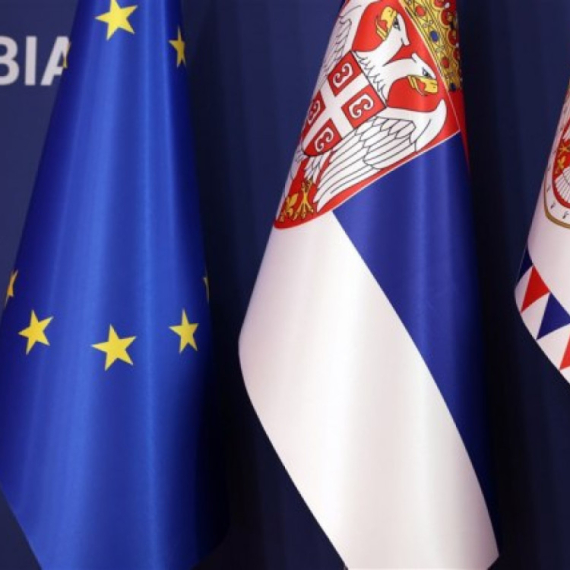
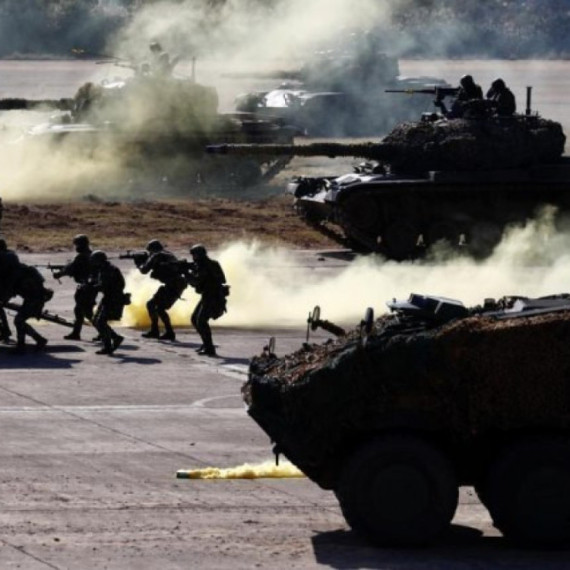
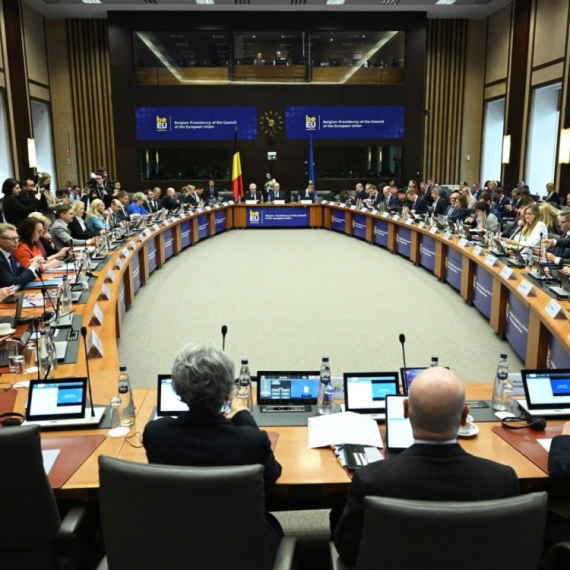
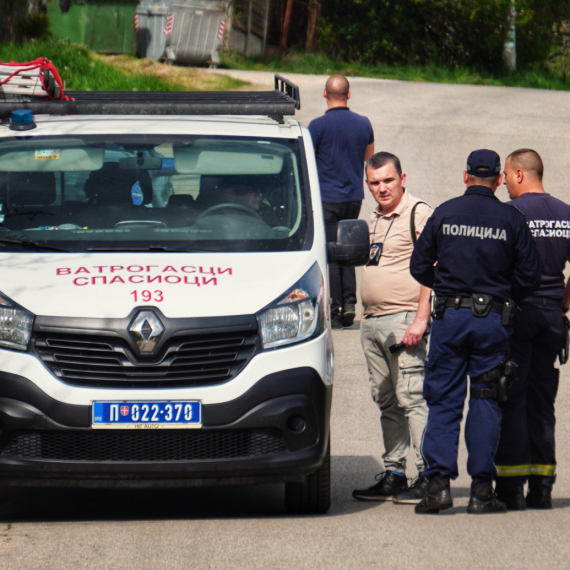
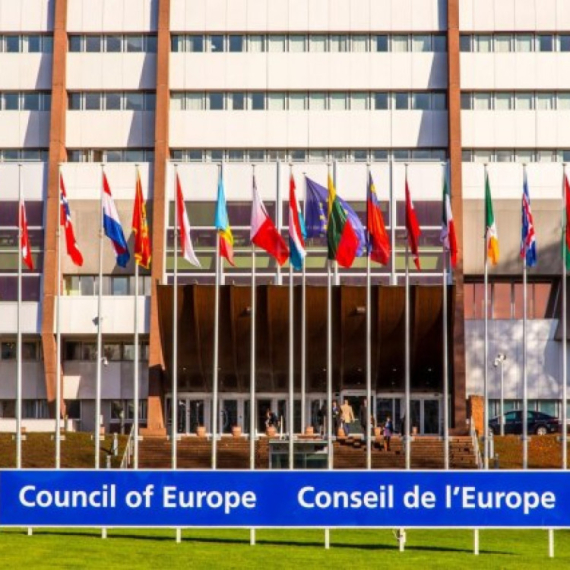








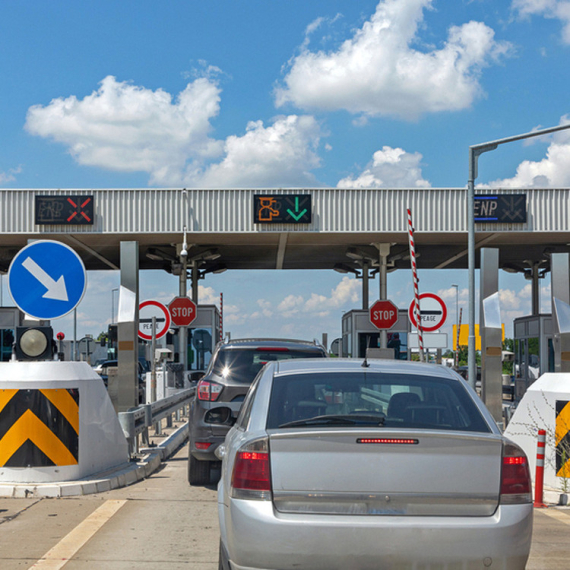





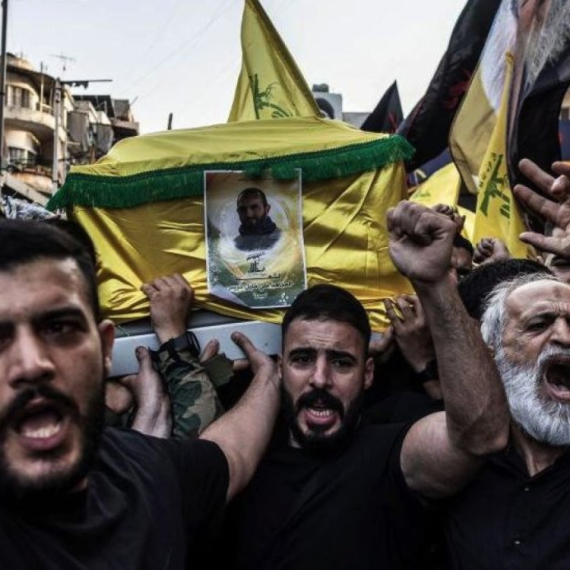

Komentari 1
Pogledaj komentare